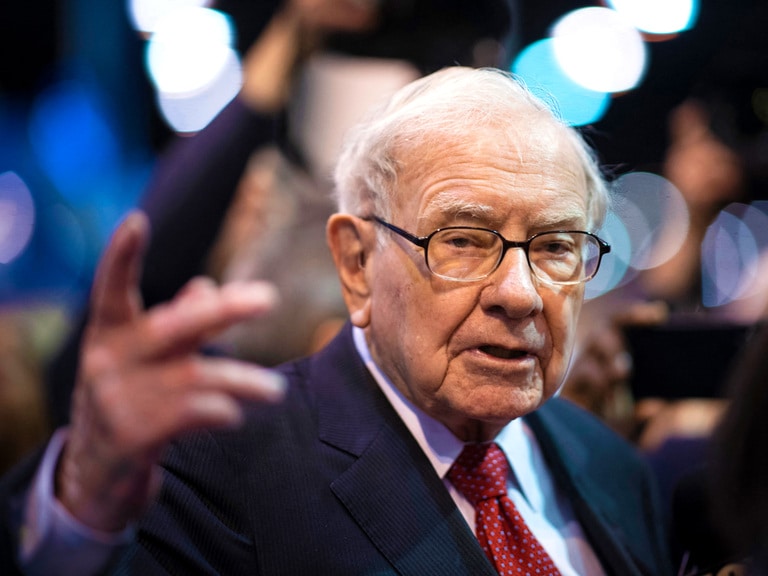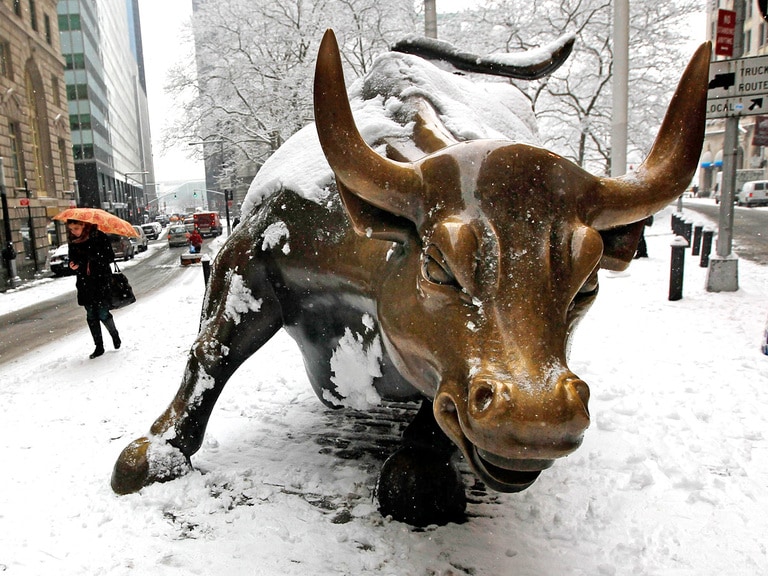The tech bubble looks like it has burst. So, will cyclical stocks be key to propping up the market as it looks to recover from the coronavirus pandemic? Which companies and industries should benefit the most from a cyclical recovery?
Most of the gains from the market sell-off earlier in the year have been driven by work-from-home stocks and companies that are digital-first and offer, or are beginning to offer, subscriptions — think Peloton [PTON]. However, these tech stocks’ recent rout has highlighted their volatility.
With signs that the tech rally has slowed, at least temporarily, experts seem to be in agreement that investors and traders should be looking to cyclical stocks if they want to profit on the road to economic recovery.
Savita Subramanian, equity strategist at Bank of America Securities, has argued that those stocks that have been the “most beaten down” – think energy companies, airlines, cruise lines, restaurants and brick-and-mortar retailers – are the most likely to “spring back the hardest” during the early stages of a cyclical recovery.
“In 14 out of the 14 last recessions, in the recovery, we’ve had value outperform growth over at least a three-month period,” she told CNBC.
“In 14 out of the 14 last recessions, in the recovery, we’ve had value outperform growth over at least a three-month period” - Savita Subramanian, equity strategist at Bank of America Securities
Why cyclicals could be a safer bet
Analysts at Morgan Stanley are also of the opinion that investors should look to pick cyclical stocks, rather than defensive ones, as they’re more likely to gain when economic activity recovers.
“We continue to prefer cyclicals over defensives, small over large, and companies that can exhibit strong operating leverage to an ongoing recovery,” the analysts wrote in a note seen by MarketWatch.
“We continue to prefer cyclicals over defensives, small over large, and companies that can exhibit strong operating leverage to an ongoing recovery” - Morgan Stanley analysts
“In short, we want to own stocks whose EPS [over the next 12 months] can rise more than our expected valuation decline.”
Hamish Baillie and Duncan MacInnes, fund managers of UK investment company Ruffer [RICA], argue that investors shouldn’t pin their hopes on the likes of Zoom [ZM] to lead a long-term rally, despite recent quarterly earnings which saw its revenue up a remarkable 355% year-over-year.
“We think if you want to play economic recovery, these are precisely the wrong sort of stocks to be in. These companies have become the defensive assets – where investors go to feel safe,” the fund managers wrote in a client note.
“For our equities, we are focusing more on recovery – we want to be in Walt Disney [DIS], who can reopen their theme parks, or Vinci [SGEF], who operate French toll roads,” they added.
“We think if you want to play economic recovery, these are precisely the wrong sort of stocks to be in. These companies have become the defensive assets – where investors go to feel safe” - Hamish Baillie and Duncan MacInnes, fund managers of Ruffer
Tech not the only stock stars
While tech stocks have surged in recent weeks, most of the top gainers since the market sell-off in March sit outside the technology sector, Subramanian says.
For 2020 so far, the Dow Jones Industrial Average [DJI] is down 3.35%, but up 50.08% since its March 52-week low (through 17 September). It’s a similar story for other indices. The Dow Jones Transportation Average [DJT] is up 5% for the year and has risen 72.3% since its 52-week low in March.
50.08%
Dow Jones Industrial Average rise since its March low
As tech stocks were being gutted in the first week of September, a number of cyclicals on the FTSE were enjoying a moment in the green. Some with operations and revenue in the US were boosted by the weakness of the pound — the sterling had wobbled to a six-week low against the dollar due to the looming threat of a no-deal Brexit.
Analysts get behind cyclical stocks because they generally trade at lower valuations and have lower price-earnings ratios, which means these companies tend to be less susceptible to wild swings in share prices. That said, cyclical stocks can still be exposed to volatility.
On 9 September, when AstraZeneca [AZN] announced that it was pausing the development of its COVID-19 vaccine due to a trial participant falling ill, the news spooked hospitality and travel companies. International Airlines Group [IAG], Easyjet [EZJ], Whitbread [WTB] and InterContinental Hotels Group [IHG] all slipped several percentage points in early morning trading.
Although AstraZeneca has since recovered somewhat, the news of the safety review underlines how important a vaccine will be to driving a cyclical recovery. Further delays and safety concerns could set the recovery back further.
Just as important will be consumer willingness to spend. While tech, work-from-home and subscription model stocks are likely to continue to see strong growth due to their enterprise and commercial revenue, the likes of travel and hospitality will need consumer confidence and spending to flow back in order for them to profit. Key to this will be the US government agreeing and passing a new coronavirus stimulus package.
Rebooting the economy
A potential deal is currently at an impasse, but, if it can be signed off, it should shorten the road to recovery and make it easier for the economy to reopen. Analysts at Goldman Sachs have calculated the US economy as being only half reopened currently.
“The reopening trends can indirectly lift stocks. It’s hard for investors to quantify the economic and earnings impact of small businesses operating, especially on a day-to-day basis. But when small businesses rehire employees, employment data can surprise to the upside,” Jacob Sonenshine wrote in TheStreet, based on his analysis of Goldman Sachs data.
“The reopening trends can indirectly lift stocks. It’s hard for investors to quantify the economic and earnings impact of small businesses operating, especially on a day-to-day basis. But when small businesses rehire employees, employment data can surprise to the upside” - Jacob Sonenshine
“Consumer spending can do the same. This would all point to the recovery into 2021 on pace to give way to a level of corporate earnings close to that seen in 2019.”
Furthermore, a fully reopened economy would spell good news for other cyclicals, including airlines and energy companies.
Disclaimer Past performance is not a reliable indicator of future results.
CMC Markets is an execution-only service provider. The material (whether or not it states any opinions) is for general information purposes only, and does not take into account your personal circumstances or objectives. Nothing in this material is (or should be considered to be) financial, investment or other advice on which reliance should be placed. No opinion given in the material constitutes a recommendation by CMC Markets or the author that any particular investment, security, transaction or investment strategy is suitable for any specific person.
The material has not been prepared in accordance with legal requirements designed to promote the independence of investment research. Although we are not specifically prevented from dealing before providing this material, we do not seek to take advantage of the material prior to its dissemination.
CMC Markets does not endorse or offer opinion on the trading strategies used by the author. Their trading strategies do not guarantee any return and CMC Markets shall not be held responsible for any loss that you may incur, either directly or indirectly, arising from any investment based on any information contained herein.
*Tax treatment depends on individual circumstances and can change or may differ in a jurisdiction other than the UK.
Continue reading for FREE
- Includes free newsletter updates, unsubscribe anytime. Privacy policy





